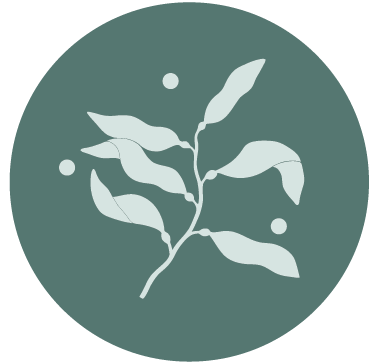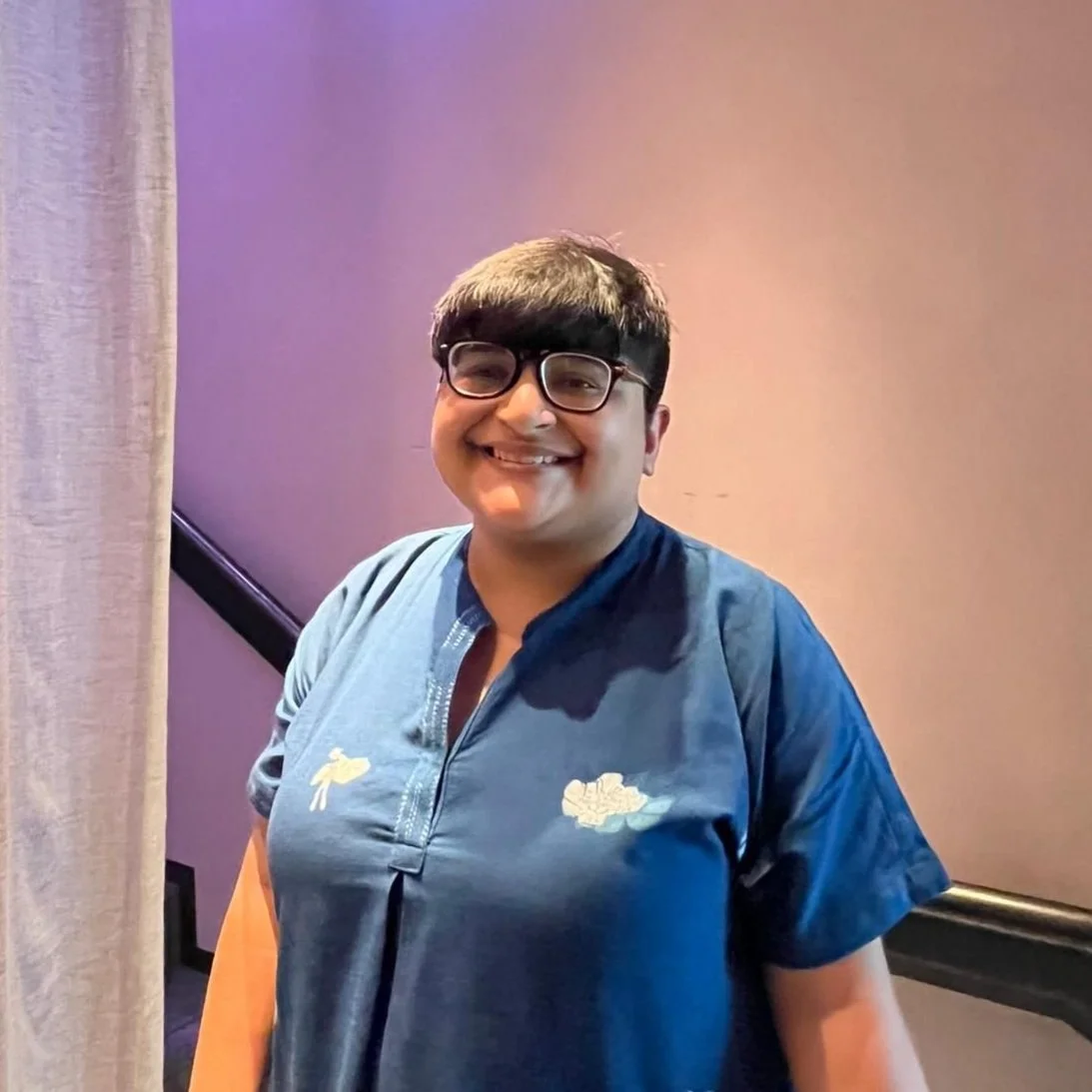‘thinking today about the old gays’ and other poems
Rushati Mukherjee
thinking today about the old gays
and their soft, folded skin.
thinking today about how miraculous it is to see them talking and laughing and sharing, a bonhomie of community and love.
thinking today of when they were young, the beauty and grace and sheer masculine energy and the looks in their eyes that knew they were young and beautiful, like gods.
thinking today of the impossible beauty of youth, and what makes it beautiful is how it’s timelessly dependent on time, how fleeting and fragile and dumb to its end and all the more beautiful because of it.
thinking today of youth gazing on wisdom and laughing, of beauty walking hand in hand with joy: a kind of triumph, separate from being beautiful: ‘I love being an old gay. It’s for so many of us who didn’t make it. Yeah man, we made it.’
thinking about how we don't think of gays as old because we don’t really think of them as human, only aesthetic accessories, living the wild lives we dreamt of but couldn’t, at the margins of a society that threatened to wipe them out.
thinking today about how we don’t think of them as old because we don’t see them as old because so many don’t get to turn old, so many are taken by illness and poverty and sadness by their own hands before their hair turns silver and their skin has the privilege to fold.
thinking today about the stories they inhabit, the wisdom and tradition and continuity they represent for us the young ones, us the wild ones, us the ones wandering wayward wanting to be adopted by those who can shelter and guide.
thinking today about how much seeing them means to me while I paw at the doors of this closet.
thinking today about how I’ll turn 25 in a month and how I never thought I'd make it.
thinking today about how I made it.
Corpse Pose
‘Lie now, child. Rest.
The sky is your roof in the corpse pose this evening.
Your body’s worked very hard.
Have you thanked your body today?
No? Well, we start at the feet.’
‘That's where my father lives – the pain in the tarsals, in the sinews, the strength in the way it bends and lifts.’
‘That, too, is you. We move up to the calves. They are strong, they swell, they lift you. Your thighs.’
‘A weak spot? Maybe, but they hold me.’
‘That, too, is you. And now between your legs.’
‘That’s where who I want to be lives – swollen, small, invisible, throbbing with love. It’s not its fault that it is what it is and no more and no less and I know that now, even as its ghost haunts me. It keeps me safe and gives me love.’
‘That, too, is you. We move up to the middle. Lovingly hold it, roll the dough back and forth between your fingers.’
‘My fat. My torso full of it. It keeps me alive and fed. It makes me feel more like myself. It wants to shrink but can’t help but be big and there.’
‘That, too, is you. To the globes.’
‘Ah, the swinging loose balls of fat, tender and asleep. I want to shake off all the men’s eyes, their looks that settle like corrupting oil on water, layers of stubborn dirt. They were always too big, they always took up too much space – so said they all. But I now know they’re there, they are, simply, gently, mine.’
‘That, too, is you. Roll back your shoulders, smoothen the blades, put your chin up. Smoothen the skin between your eyebrows where all your worries live. Move up to the brain.’
‘Now there lives a little girl who loves me, who’s waiting for me. She doesn’t know I won’t grow up to be the woman she was expected to be, that she feared she could never be. She doesn’t know her worries will melt once I become me.’
‘Embrace her. Love her. For—’
‘That, too, is me.’
Digging
Excavate me.
In between soft rounded flesh, wobbling-white under the light in my – your – room the millennium turns nineteen and giggles.
There’s not much to say except that all was darkness before and all will be darkness after this in-between. I crave to share it with you.
I carry my betrayals in the surface of my skin, like eggs: a swollen reptilian belly, a swollen reptilian face, gentle and loving and fragilely beautiful.
Take root in me.
Sift the dirt through your fingers, give life to my life, let me know what it is to live, and live, and live.
Rushati Mukherjee is a 27-year-old non-binary journalist, writer, blogger, poet and translator. Their poems have been published in The Bangalore Review; in a journal by the Manipal Centre for Humanities called Chaicopy; in a book of food poetry called Quesadilla and Other Adventures, edited by Somrita Urni Ganguly and published by Hawakal Publishers; and in a book of queer South Asian poems, The World That Belongs to Us, edited by Akhil Katyal and Aditi Angiras, and published by HarperCollins India. They were part of the official blogging teams for Jaipur Literature Festival and the Kolkata Literature Festival. They worked as a researcher for Bee Books and translated two graphic novels. As a journalist they interviewed poets such as Rupi Kaur for Telegraph India. They have their own blog, Spiktinot, on which they have interviewed poets such as Kaveh Akbar, Karuna Ezara Parikh, and Alok Vaid-Menon, and collaborated with poets such as Harnidh Kaur for writing projects.



